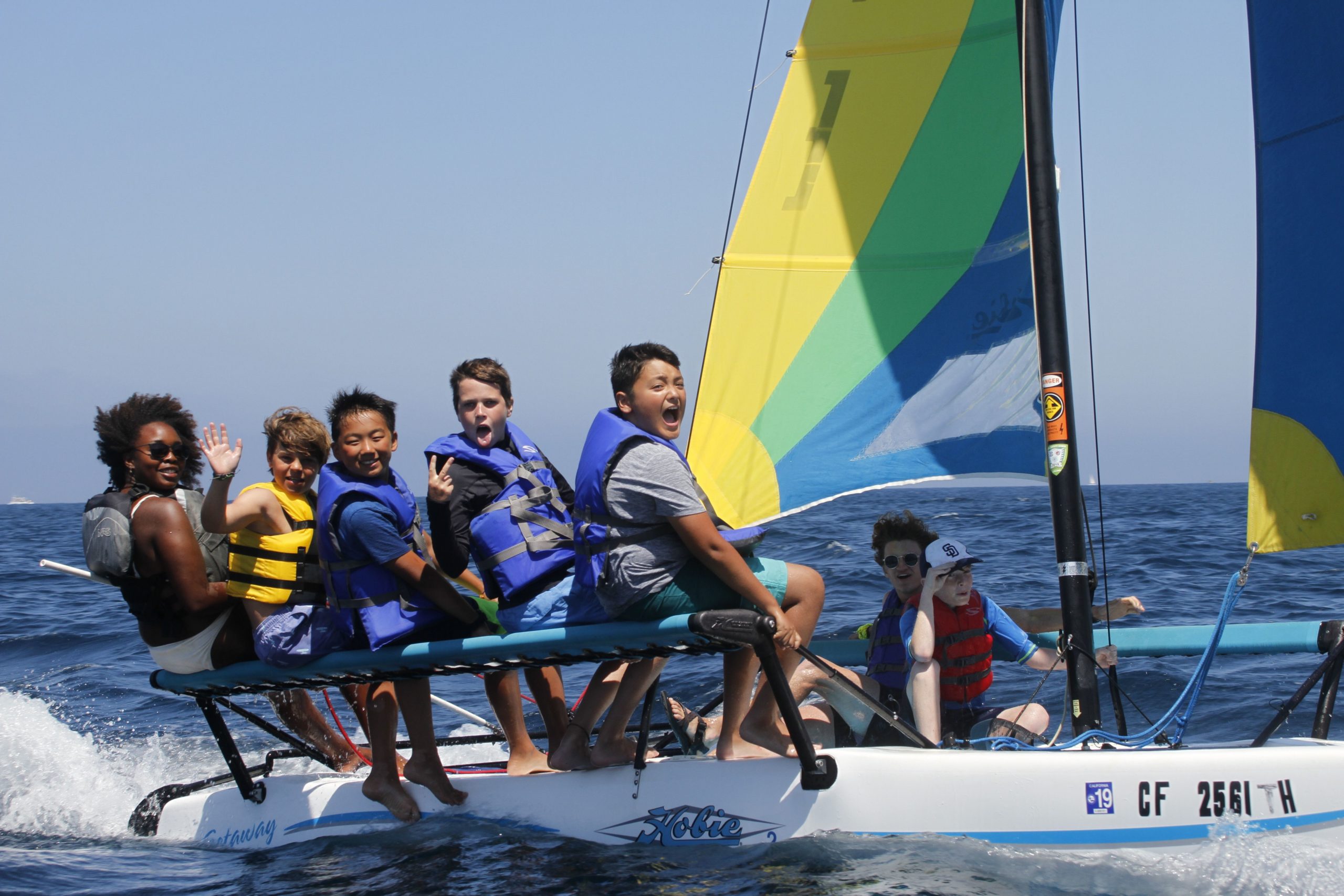11 Tips to Prepare Anxious Kids for Summer Sleepaway Camp
Photos of smiling children engaged in sports, swimming, and just generally playing around with campers are the standard images of summer campers at play. Nowhere to be seen is any sign of anxiety, which for many kids is a normal response to a new adventure and a several-week separation. As summer camp approaches, all children experience a mixture of excitement and nervousness. In most cases, nerves succumb to the excitement, but for some kids, anxiety can be serious enough to impede what should be a fun, formative experience.
Summer camps help develop many skills useful for future success: resilience, self-reliance, and social adaptability. The sleepaway or resident camp experience – being away from home among peers – helps kids develop separate in a healthy way from their parents, develop critical social skills, and cultivate independence. Camp activities can help kids build confidence as they develop mastery at chosen activities such as archery, paddle boarding or kayaking. While preparedness varies depending on age, experience, and temperament, most children are ready for sleep-away camp around ages 10 to 12.
Luckily, there are some ways you can help your camp kid feel a little more at ease about going to summer sleepaway camp.

Tips for a Less Anxious Camp Kid
Help Your Child Get Excited About Camp
Something as simple as going shopping for new gear can help focus a kid on fun things about camp that s/he can anticipate.
Offer Useful Coping Tools
The primary key to helping kids get over pre-camp jitters is to acknowledge their feelings and give them tools to help them tame them.
Listen To Your Child’s Concerns
Don’t trivialize your child’s concerns or offer glib reassurances. “There’s nothing to worry about!” or “Everyone loves camp!” may easily discourage a child.
Help Your Kid Feel Some Ownership Over The Experience
Involve your kid in picking the summer camp; familiarize him/her with the camp environment and learn about camp activities so s/he can formulate expectations.
Avoid Focusing On What Makes Your Child Anxious
Don’t ask leading questions like, “Are you nervous about horseback riding?” Instead ask open-ended questions like, “How are you feeling about the horses?” Show that you have empathy and acknowledge your kid’s concerns.
Spend Overnights Away From Home
For some kids, it might be helpful to go through “rehearsals.” A shorter-term sleepover with friends or a night at Grandma’s will make it easier for some kids to get used to being away from home.
Focus On Concrete Details in Conversations Leading Up To Summer Camp
Do your best to avoid abstract issues like “what it’s like to be away from home” in favor of specifics like cabin details, activities like paddle boarding, archery, making new camp friends or preparing a skit with those new camp friends.
Share Your Own Formative Experiences Away From Home
Show that you are willing to talk about the new things your child will be doing, whether it’s eating new food, sleeping in a bunk bed, getting along with cabin mates, or slathering on sunblock.
Discuss How You’ll Communicate
Reassure your child that s/he will get letters from you while away at camp, and that s/he will have the chance to respond, too, if s/he chooses.
Do Your Very Best Not To Communicate Your Own Anxiety
Kids are pretty darn good at picking up on parents’ feelings of anxiousness even if you don’t verbalize them. Always share your confidence in your child and your belief in his or her ability to enjoy the summer experience.
Communicate With Camp Staff About Any Concerns For Your Child
If your child has psychiatric, social or learning issues, don’t keep them a secret. Make sure the staff and counselors know anything they need to know to head off problems and maximize her experience. Just as importantly, let your child know that counselors are there to offer support. Camp counselors are committed to fostering social learning and growth in your child.
Catalina Island Camps
Preparing your child with information about their camp can also ease any nerves. Catalina Island Camp offers information on camper health and safety and answers to frequently asked questions about our Southern California sleepaway camp.